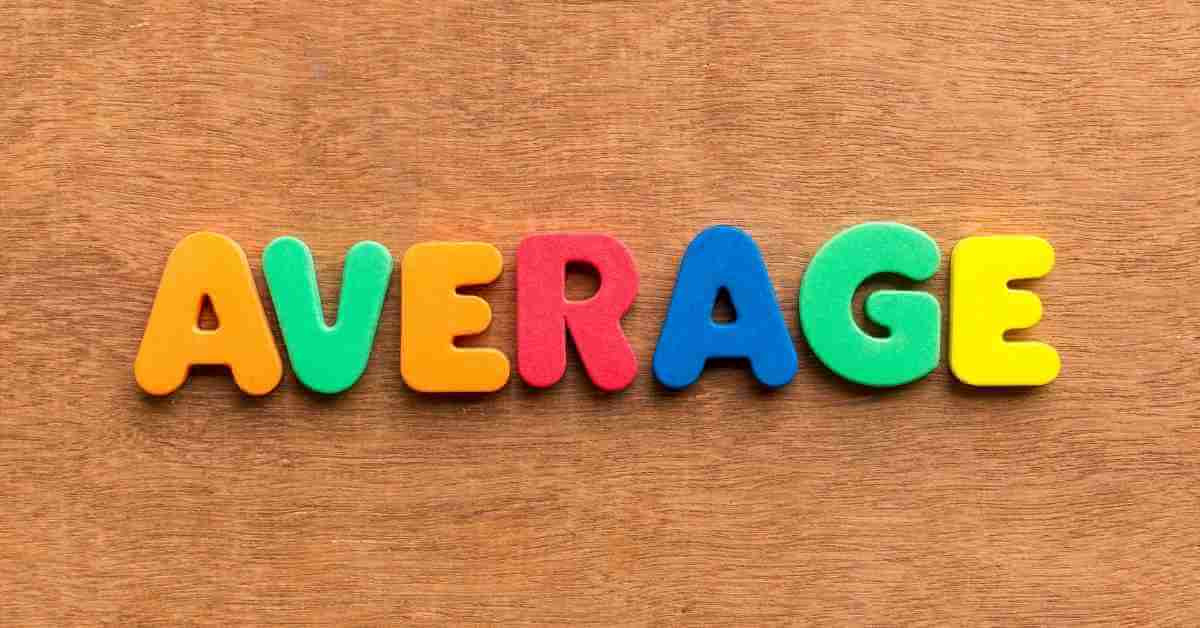
Have we any idea how many spiders we swallowed while we slept last year? Do we dream a lot while we sleep? How much time have we spent recently looking for a sock?
We may well not have given much thought to any of the above before — and may well not give any thought to them in the future either!
But it is interesting though because according to a renowned overseas newspaper, the average person swallows eight spiders a year while sleeping.
We never knew that, did we? Furthermore, the average person is said to have over 1460 dreams a year. And during his lifetime a male is said to spend one month of his life looking for a missing sock.
Leaving aside the question how on earth we know how many spiders we swallow while we sleep, how do we know how many dreams we have.
Does someone count them for us, every night of the year or does someone work out how many dreams we had one night and multiply that by 365? (1460 dreams during 365 nights works out at four a night — but you had worked that out already.
Do we have four dreams a night…?)
Of course, the real question we should ask is: who cares? Does it really matter? Does the Olympic committee announce the average times of all their races?
- The flaw of averages
Keep Reading
Do job interviewers declare the average marks of candidates who applied for the job?
We might also want to turn it around and ask: is there a Mr Average? Does anyone fit the bill?
The article mentioned above did indeed set out to find out Mr Average in the UK and, what is more, claimed to have found him.
The strange thing was that he was proud to be Mr Average. Do we want to be average? The Kaiser Chiefs, an erstwhile successful band, had a song with the title, “Everything is average nowadays” (“Oh, everything is average nowadays. Everything is average nowadays; When everyone would do it if they can, When everything is going down the pan, When everyone is following the craze, When everything is average nowadays”) and there is a lot of truth in that – an awful lot of things produced or performed are little more than average (including that song perhaps).
People talk about the Law of Averages. In the Law of Averages, one in ten people suffers from a sleep disorder – so in a school of seventy staff must seven staff members have a sleep disorder?
We are told that one in ten people in Africa have Aids - but does that mean that in any school of 650 pupils here in Africa 65 pupils will have Aids? The Law of Averages is in fact the flaw of averages.
Why do we become so obsessed with class averages therefore?
Are averages helpful? The average amount of money spent by 100 teenagers a week might be said to be US$10 – but if one of those 100 spent US$901 and the other 99 all spent US$1, would that average be all that relevant.
It is the same with percentages — if one person takes an exam and fails it, the percentage pass rate is 0%, yet if one person out of one hundred people who sat an exam fails it then the pass rate is 99%.
The same one person fails an exam – fact; but does the number of other people doing the exam alter that fact? So, what do averages and percentage pass rates really tell you? They are flawed.
So what if our child is above the class average? If our child is above average but the average is very low, is that going to comfort us?
If our child is below average (85%) but the average is very high (90%), will we still be upset? And so what if our child is above or below average?
We might be tempted to think as the comedian George Carlin said rather bluntly and ungraciously: “Think of how stupid the average person is and realise that half of them are stupider than that!”
It does not need a mathematician (or a George Carlin) to work out that not everyone can be above average.
Is it somehow safer to be on the right side of the average line? There is a flaw there.
So then, we must ask this question: Why do we desire to be average? Why do we measure our child against the average?
Surely we should desire to know the actual, not the average? Why do we desire to be above average? (Do we want to swallow more than eight spiders a year while we sleep…?)
Do we not want to excel? That, not the average, should be our target. We are not to be good, above or below average, better than someone else, but to be best we can be. There is no average child – every child is special.
Do not compare or label them. And now, get back to looking for that sock!
- Tim Middleton is the executive director of the Association of Trust Schools [ATS]. The views expressed in this article, however, are solely those of the author in his private capacity and do not necessarily represent the views of the ATS.
- email: ceo@atschisz.co.zw
- website: www.atschisz










